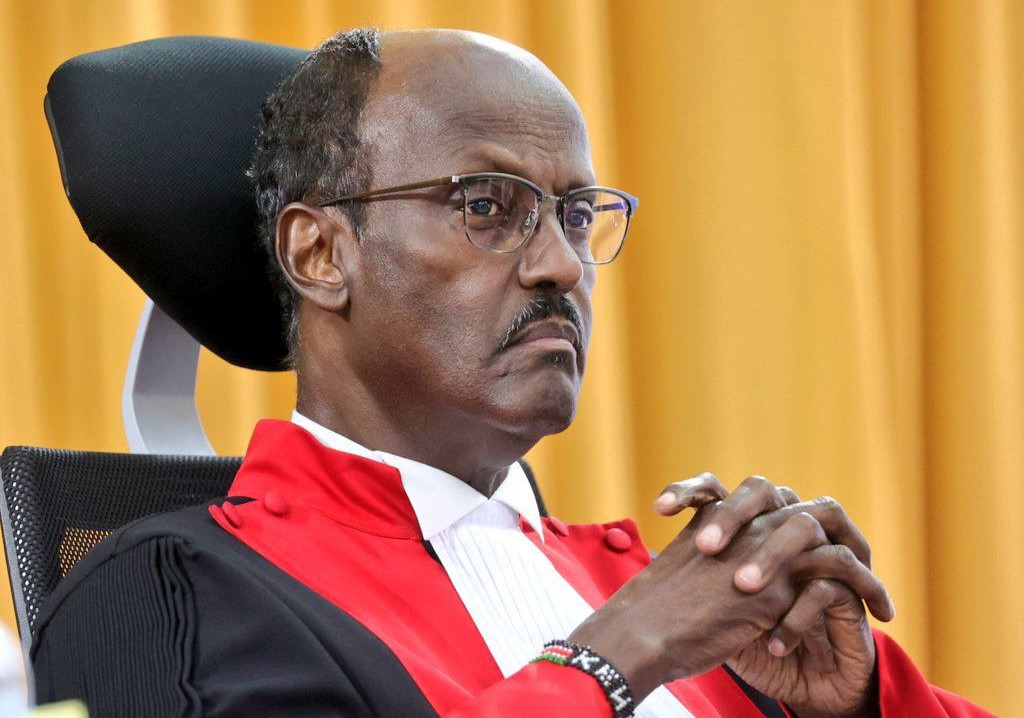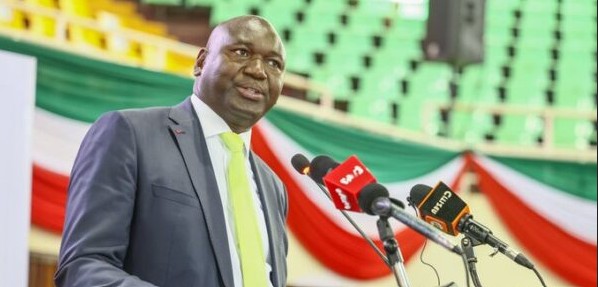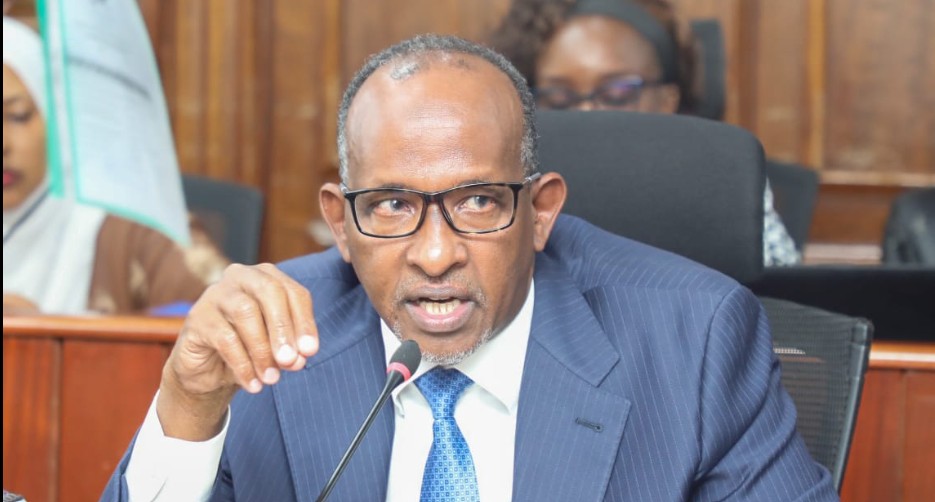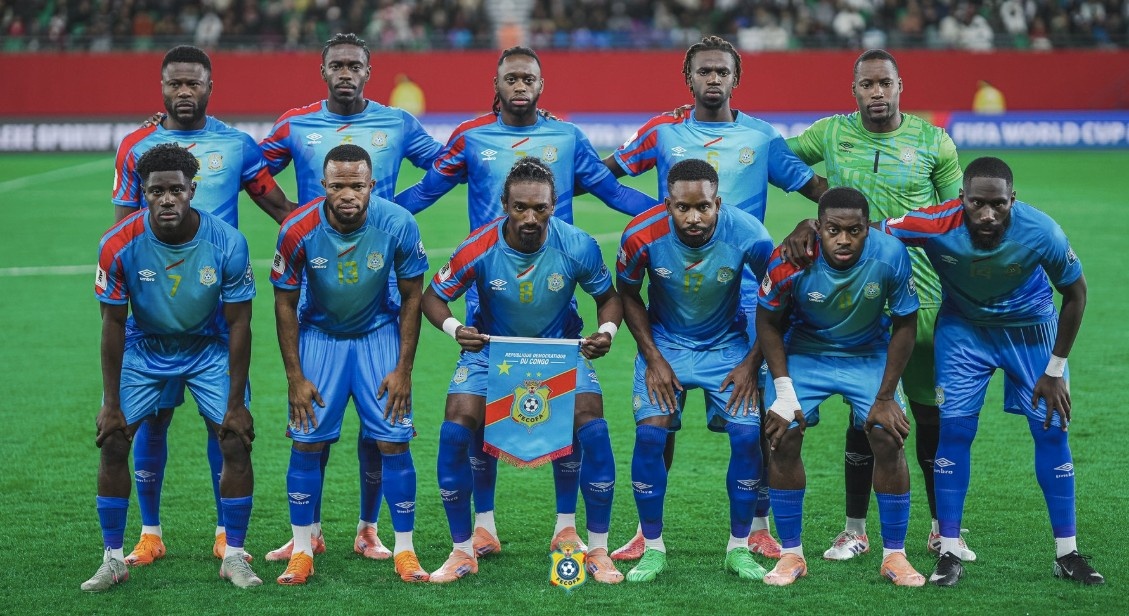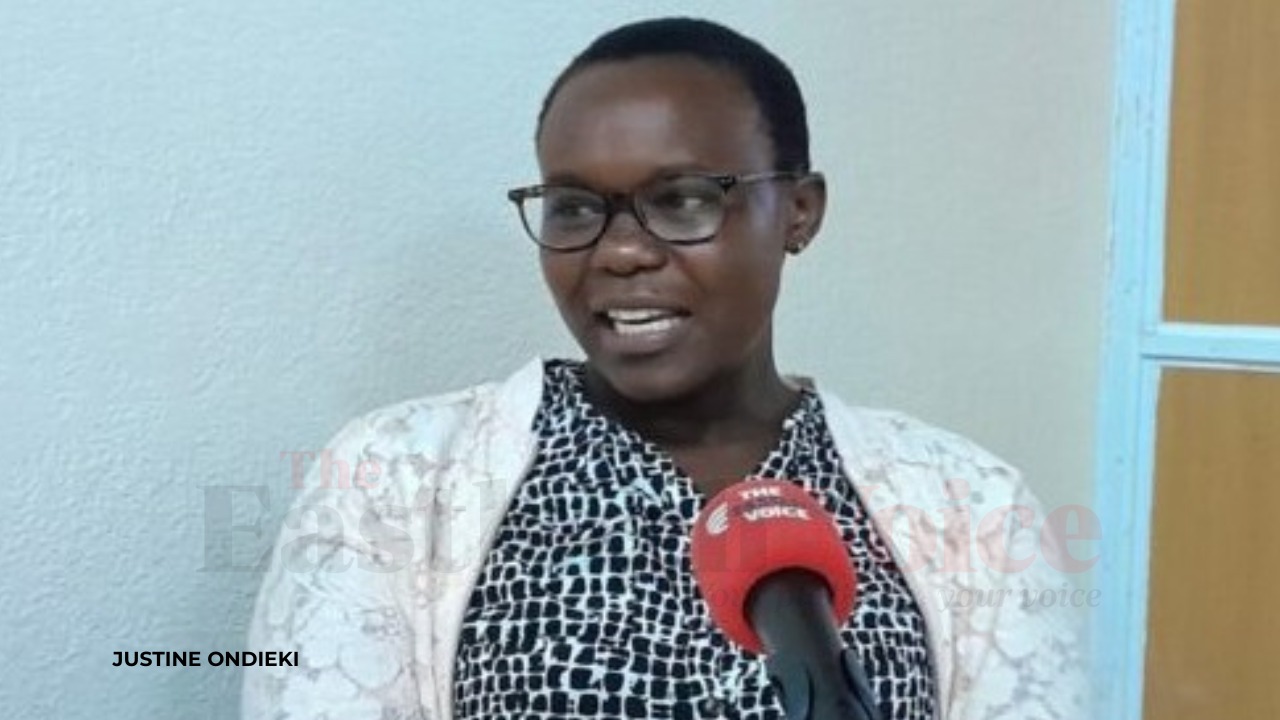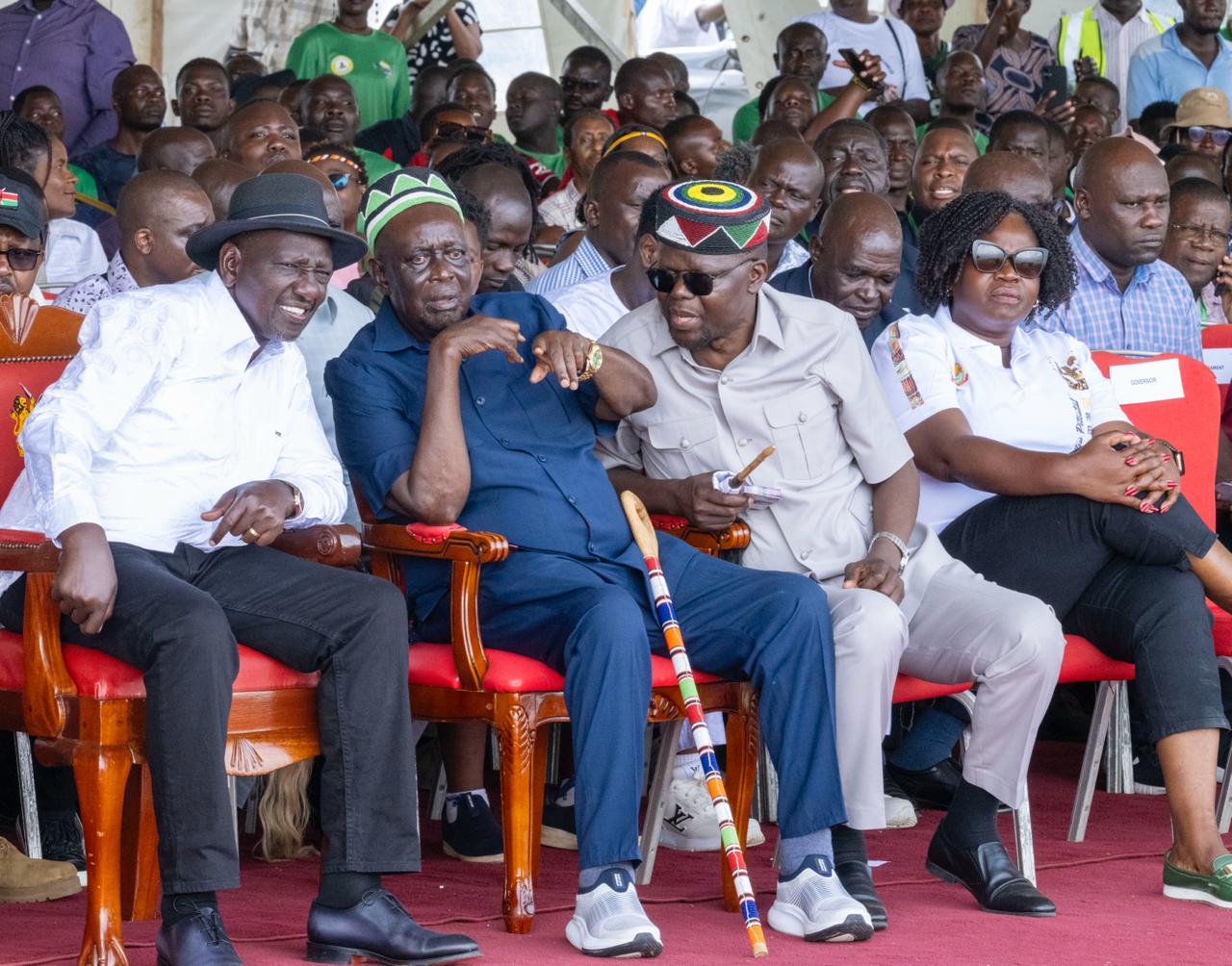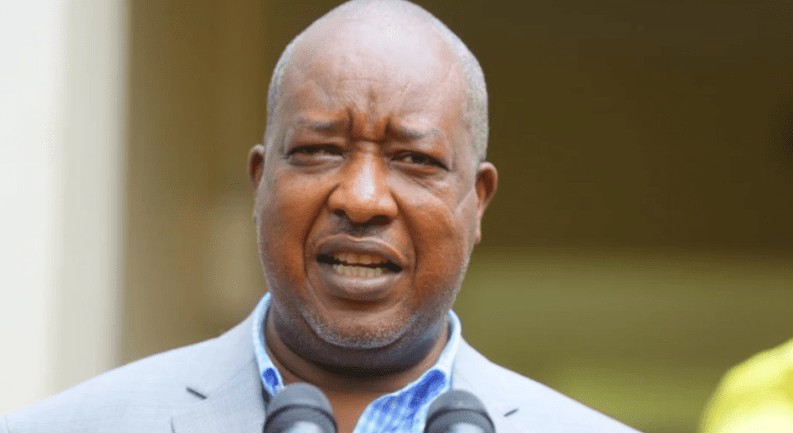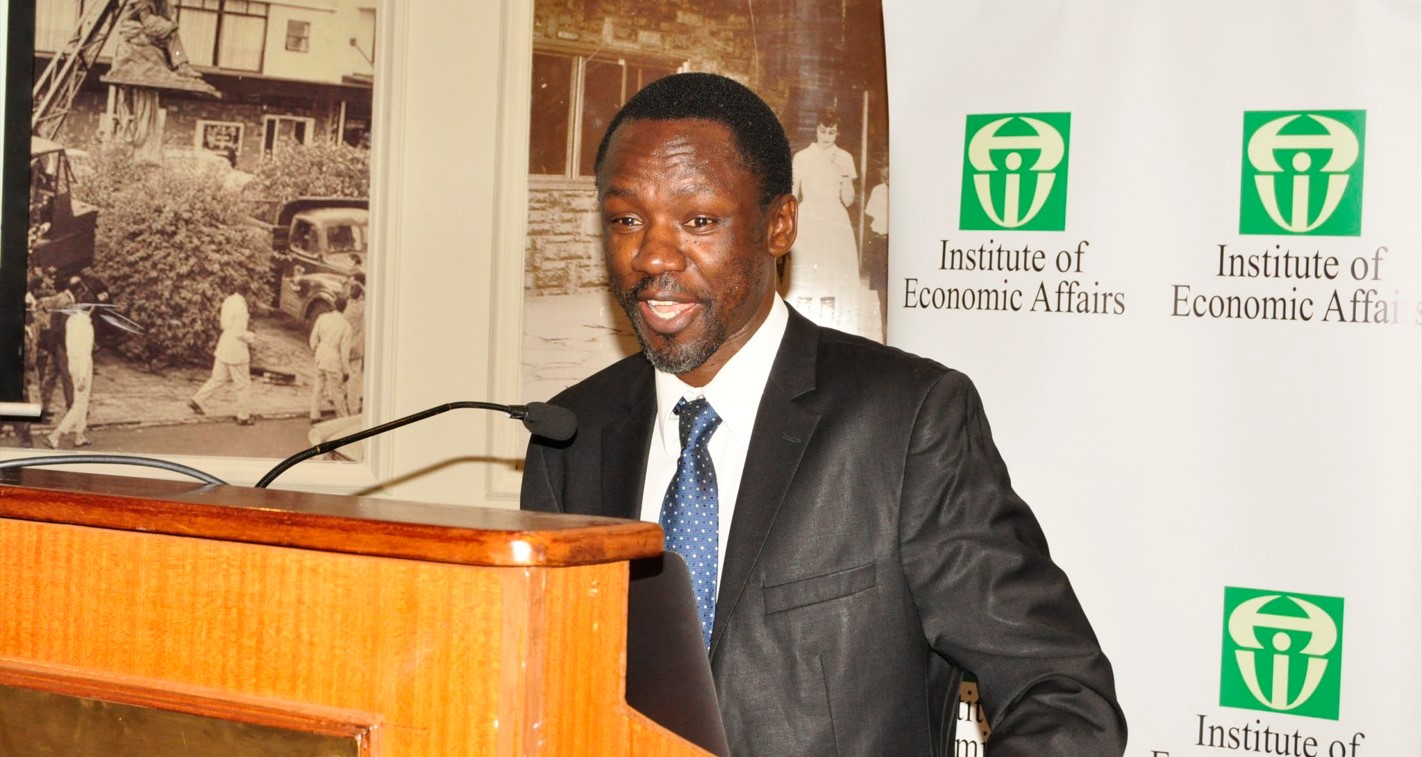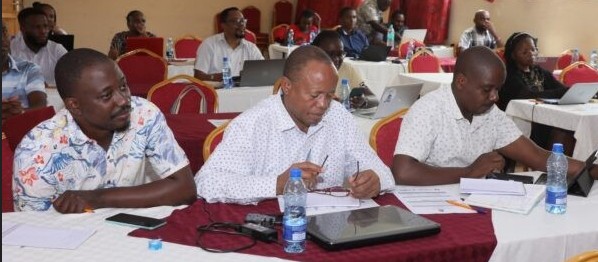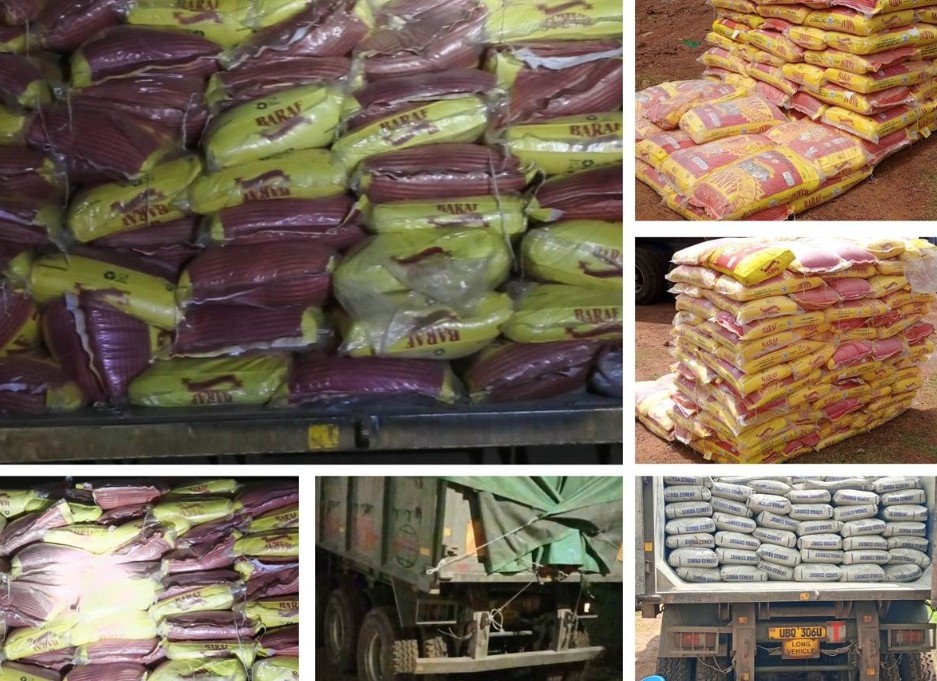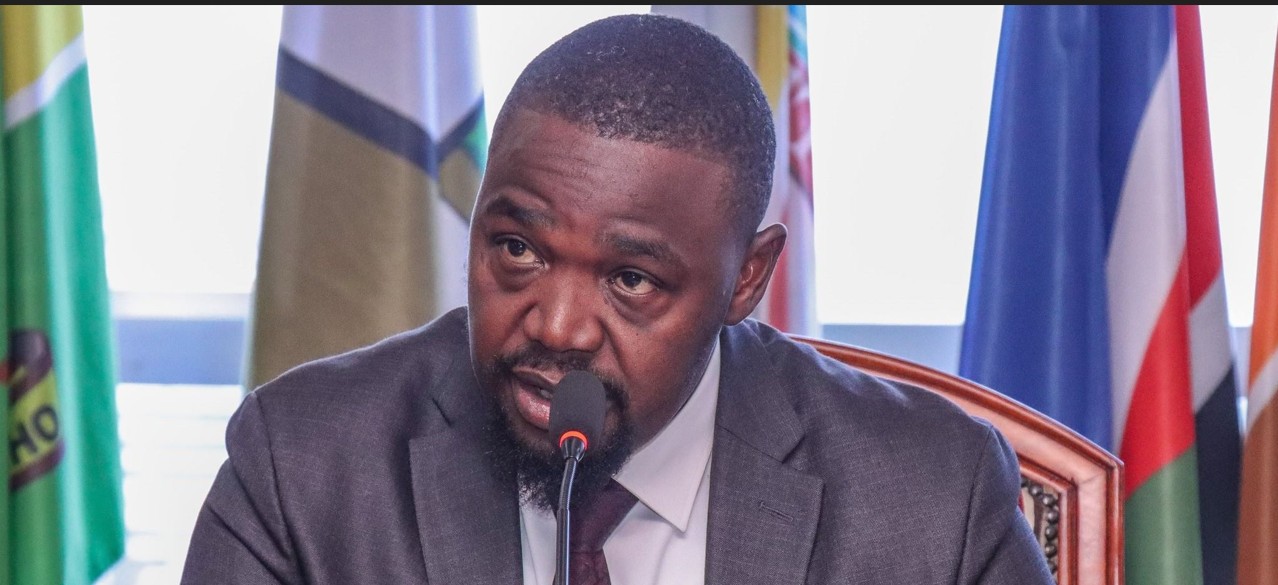UN says Haiti conflict has 'worsened' as gangs push fresh attacks
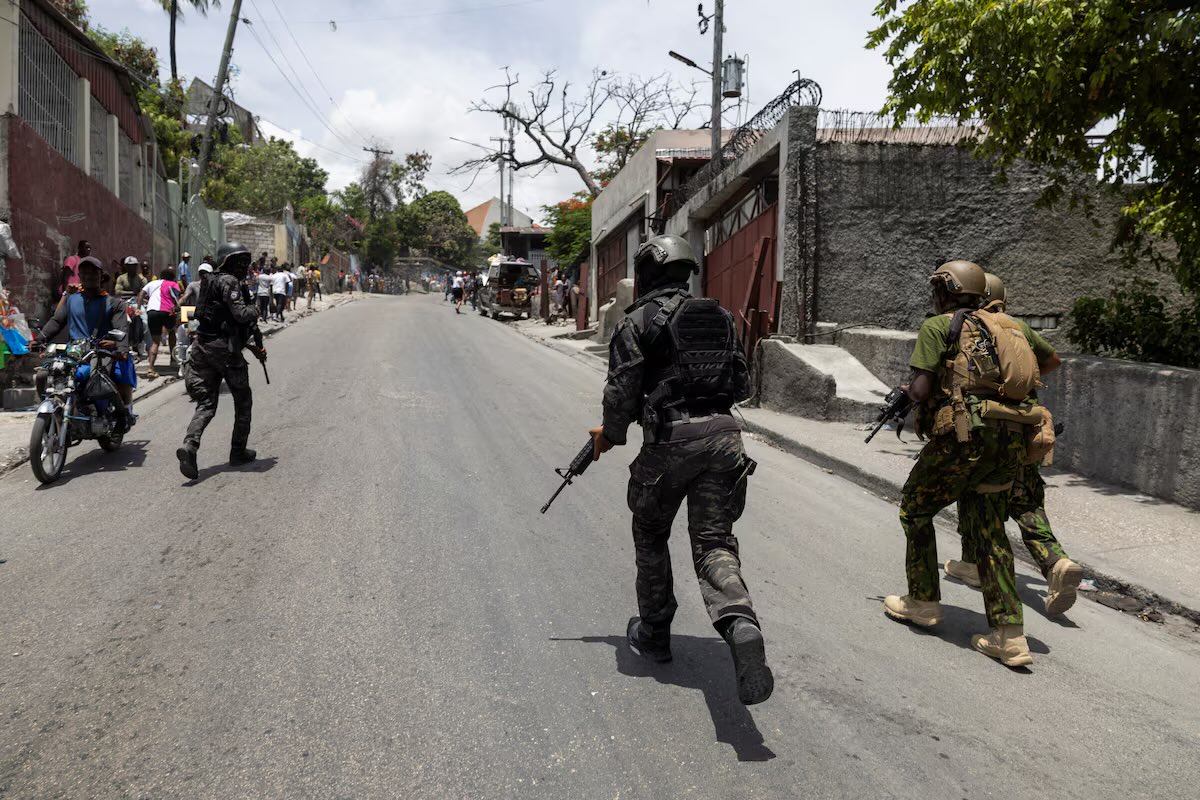
The spread of violence from land and sea, she said, is "spreading terror and fear, overwhelming the national security apparatus."
Haitian gangs are ramping up attacks on areas they do not yet control, the head of the United Nation's Integrated Office in Haiti (BINUH) warned on Tuesday, after days of renewed violence from an alliance of armed gangs in the Caribbean nation.
"The situation in Haiti has regrettably worsened," Maria Isabel Salvador said in a briefing to the U.N. Security Council, which over a year ago ratified the deployment of an international security force to help police restore order.
More To Read
- António Guterres sounds alarm over worsening global refugee crisis
- UN Security Council adopts resolution to strengthen youth role in peace and security
- UN Security Council extends sanctions oversight on Al-Shabaab
- Police officers returning from Haiti to be honoured at Jamhuri Day parade
- 230 Kenyan police officers arrive in Port-au-Prince to reinforce UN-backed GSF
- Kenyan police officers in Haiti to return home after year-long deployment
Just a fraction of over 3,000 troops pledged by a handful of countries have so far arrived. Funding has also lagged, and an alliance of well-equipped armed gangs known as Viv Ansanm has expanded across the capital and into surrounding regions.
Salvador pointed to mounting attacks over the past week around the capital, its suburbs, farming region and the city famed for the creation of the Haitian flag, where residents have been under an extended siege and pleading for more security reinforcements.
The spread of violence from land and sea, she said, is "spreading terror and fear, overwhelming the national security apparatus."
The international mission, she added, remains "critically under-resourced, which could impact deployment and impede it from carrying out its tasks" in support of the national police.
She also warned of rising tensions between the country's dual executive, headed by the prime minister and presidential council respectively, which are further eroding public trust in the government.
More than 4,200 people have fled their homes in fresh attacks around the capital since last Thursday, according to U.N. estimates, most of these taking refuge in makeshift camps in schools, churches and health centres.
National police has said it is deploying to some areas where the fighting intensified this week, while Prime Minister Garry Conille said on Monday he had immediately recalled several hundred police and soldiers from VIP protection briefs so they can be sent into combat zones.
The conflict has pushed some 700,000 people from their homes and battered the country's food supplies, where over 5 million people are estimated to be going hungry and thousands are facing famine conditions.
Top Stories Today
